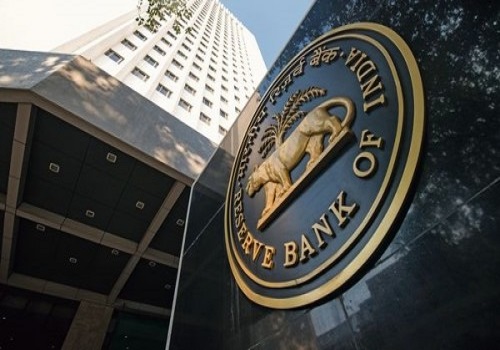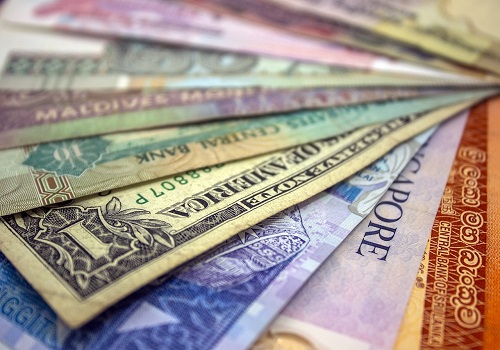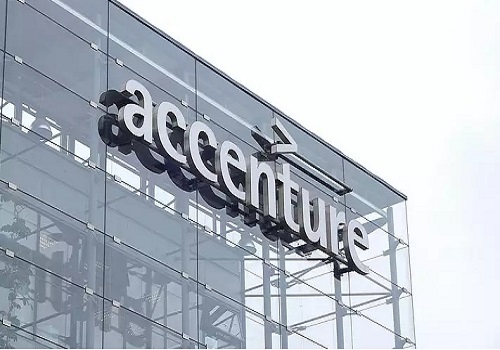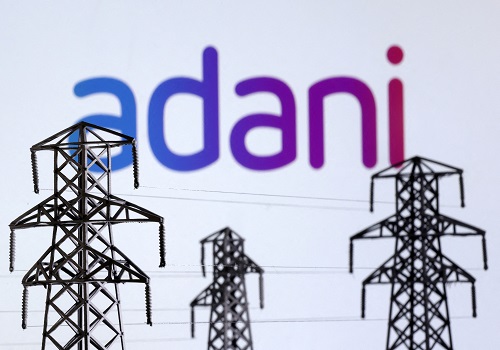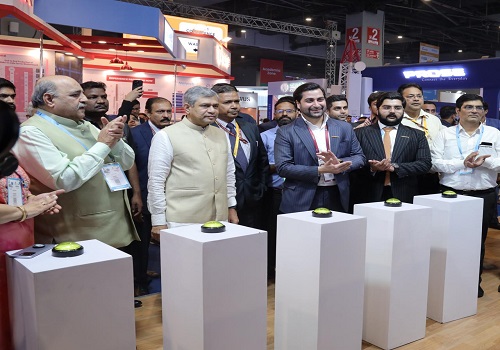India’s pharma exports continue to grow at brisk pace
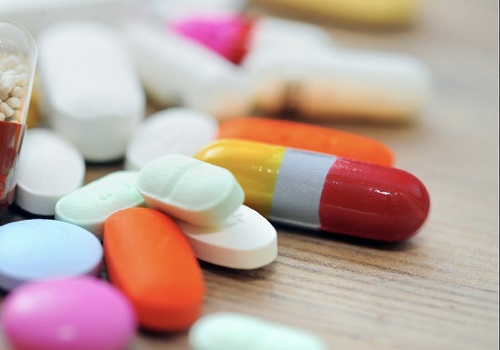
Follow us Now on Telegram ! Get daily 10 - 12 important updates on Business, Finance and Investment. Join our Telegram Channel
India’s drugs and pharmaceuticals exports are continuing to maintain their steady growth with an 8.36 per cent increase to $2.31 billion during July this year as the country’s cost-effective generic medicines continue to gain popularity in advanced western nations.
The country's drugs and pharmaceuticals exports increased 9.67 per cent year-on-year to $27.9 billion in 2023-24 and the growth is continuing in the current financial year as well.
The US accounts for over 31 per cent of India's total pharma exports, followed by the UK and Netherlands (about 3 per cent each).
Apart from Brazil and South Africa, Ireland and Sweden are new additions to the Indian export market.
India’s pharmaceutical sector’s export share increased to 6.4 per cent in the fiscal year 2023-2024 (FY24) from 5.8 per cent in 2018-2019 (FY19), and an uptick in export value to $27.9 billion from $19.1 billion, according to the latest Economic Survey.
“India’s pharmaceutical sector has strengthened its position on the global stage. The market, currently valued at $50 billion, is the third-largest worldwide by volume. Known as the ‘pharmacy of the world’, India offers approximately 60,000 generic brands across 60 therapeutic categories, contributing 20 per cent to global generic drug exports. Eight of the top 20 global generic companies are based in India,” according to the Economic Survey.
The pharmaceutical industry in India is expected to reach $65 billion by 2024 and to $130 billion by 2030.
The survey pointed out that the sector maintains high compliance standards with 703 United States Food and Drug Administration (US FDA)-approved facilities, 386 European Good Manufacturing Practice (GMP)-compliant plants, and 241 World Health Organisation Good Manufacturing Practice (WHO-GMP)-approved plants.
In December 2023, revised manufacturing rules under Schedule-M were introduced to align with global standards and enhance quality control.
The survey also found that the PLI scheme for medical devices has a beneficial impact, narrowing the gap between imports and exports.
Domestic production now includes computed tomography (CT) scan machines, magnetic resonance imaging (MRI) machines and other medical devices.
The PLI scheme for bulk drugs has approved 48 projects with a committed investment of Rs 3,938.6 crore to bolster local manufacturing.
Financial assistance through Pharmexcil, an Export Promotion Council, is also provided under Market Development Assistance and Market Access Initiative Schemes to exporters of pharmaceutical products particularly small and medium size exporters to promote their exports in various countries.
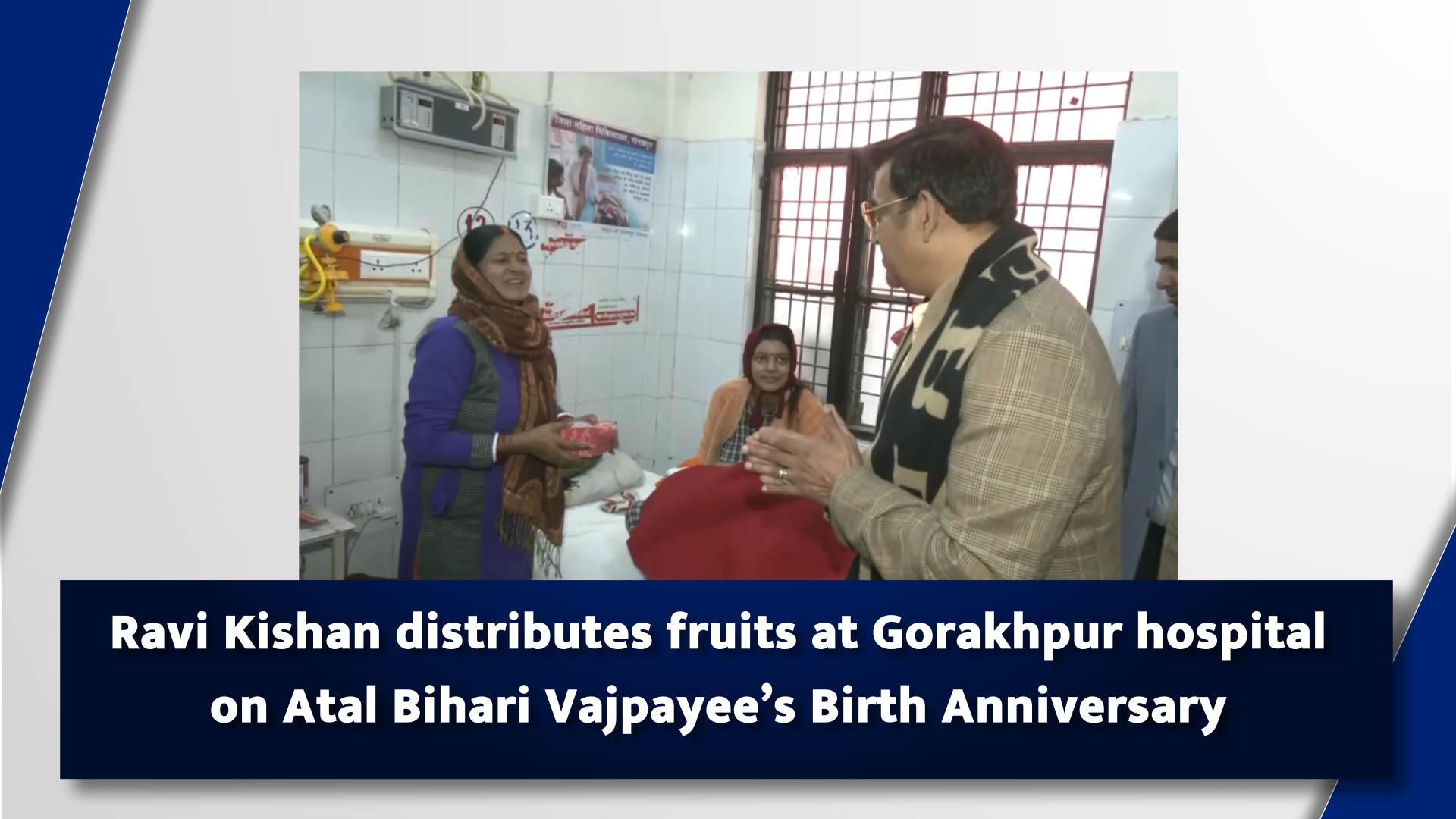
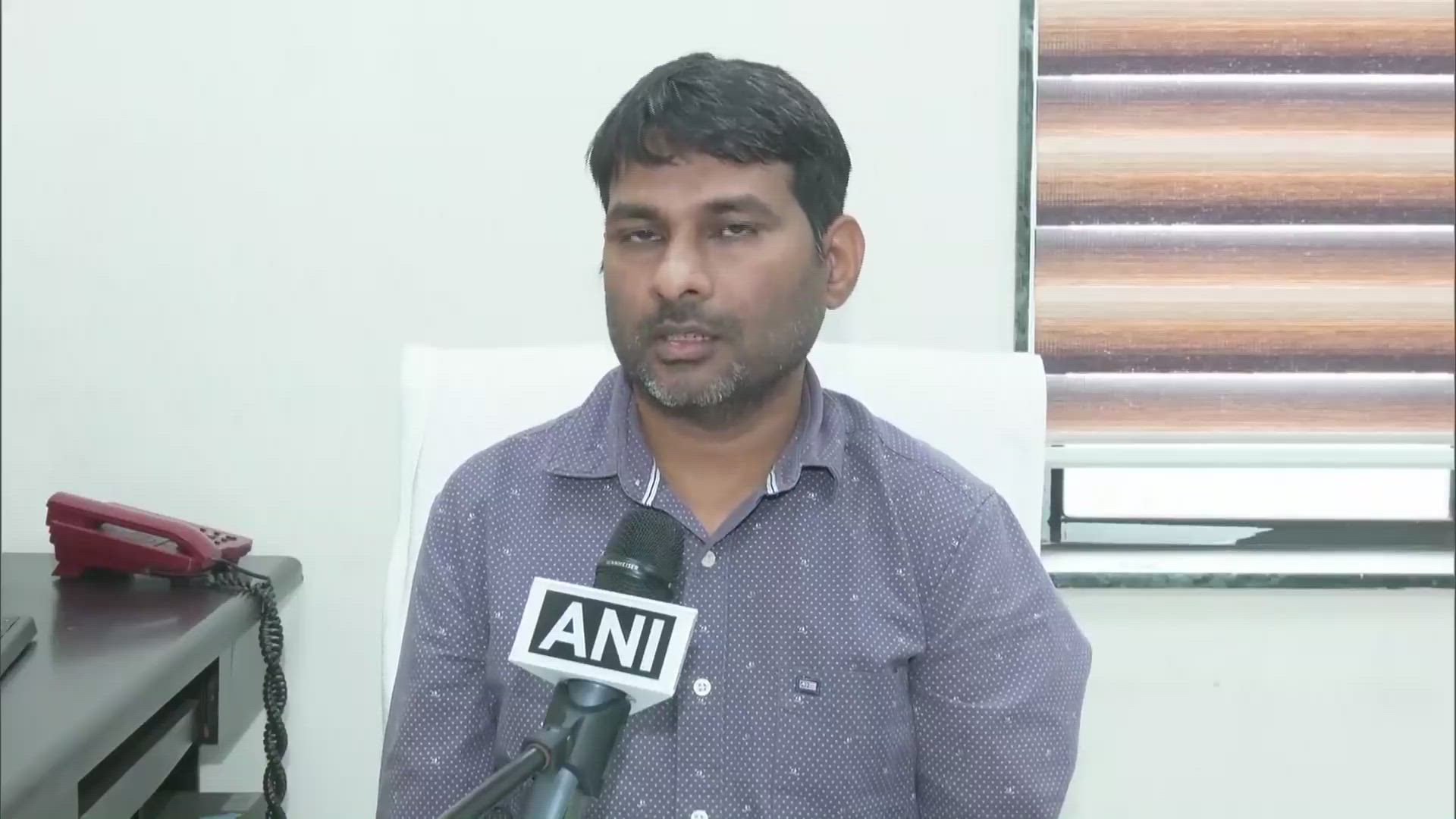


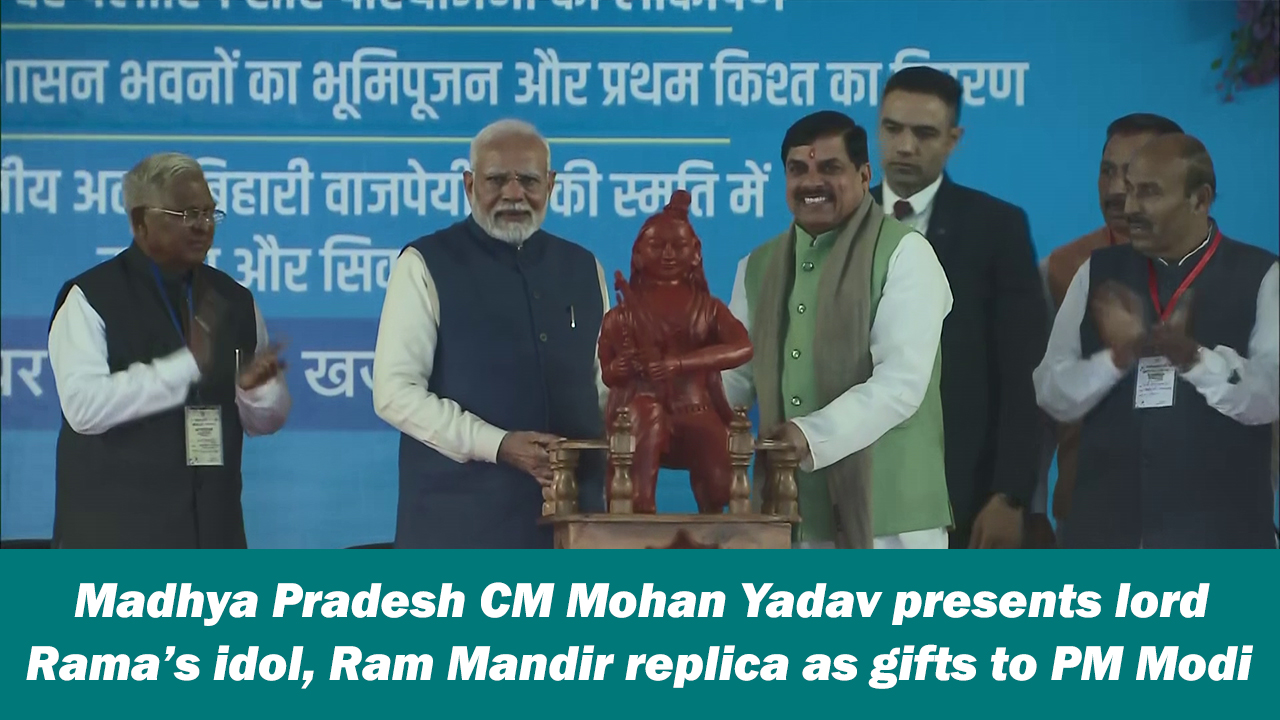

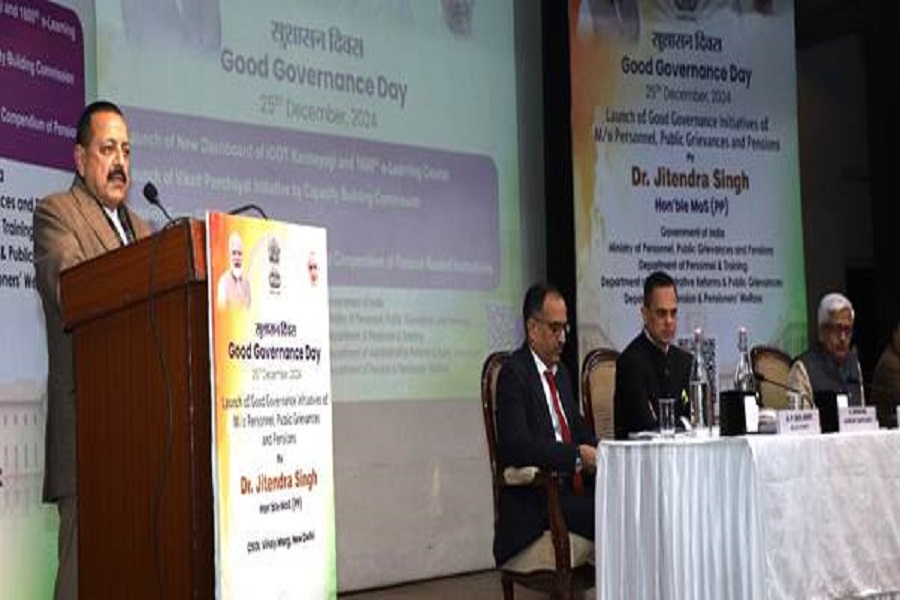





 320-x-100_uti_gold.jpg" alt="Advertisement">
320-x-100_uti_gold.jpg" alt="Advertisement">

